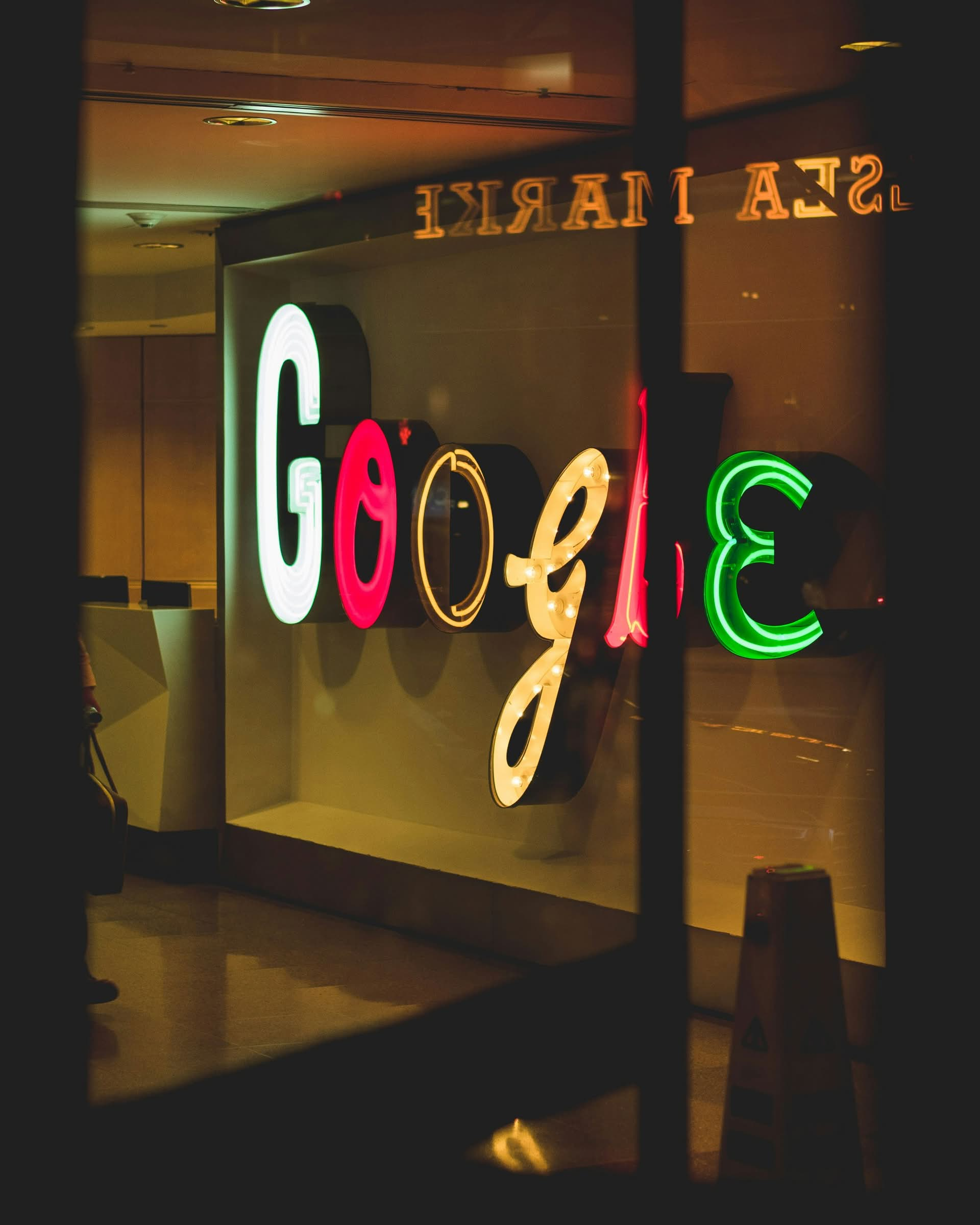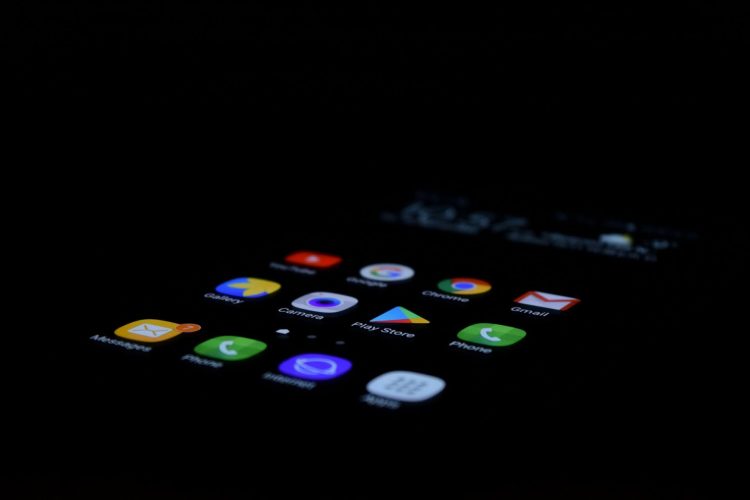Judge James Donato recently delivered a clear message: Google will have to pay the price for its monopolistic control over the Android app store.
The decision comes eight months after a federal jury found that Google’s Play Store practices were illegal in the case of Epic Games v. Google. Now, Donato is tasked with determining the remedies, and he’s made it clear that the status quo won’t stand.
The core issue in the case is the question of how to break down the barriers that have allowed Google to maintain a stranglehold on app distribution through its Play Store.
Epic Games, which won the jury trial last December, has proposed a sweeping remedy: Opening up the Play Store to rival app stores and giving them equal access to all Google Play apps.
This would fundamentally change the way the Android ecosystem operates, allowing users to choose where they get their apps and who profits from their downloads.

The courtroom showdown
According to The Verge‘s report, during the final hearing on remedies, Donato was firm in his stance against Google’s objections. He dismissed the tech giant’s arguments that opening up the Play Store would be too costly or complicated, saying, “We’re going to tear the barriers down, it’s just the way it’s going to happen.” Donato emphasized that the current app store landscape is the product of Google’s monopolistic conduct and that the time for change has arrived.
Surprisingly, both Epic and Google agreed that opening the Play Store is technically feasible, though they clashed over how it should be implemented. Google argued that it shouldn’t be forced to host apps from rival stores without reviewing them first, citing concerns over potentially harmful content. Google’s lead attorney, Glenn Pomerantz, even went as far as to suggest that forcing Google to carry rival app stores could lead to a form of “central planning” reminiscent of Soviet-era communism.
What now?
However, Donato rejected this line of reasoning, stating that he won’t micromanage Google but will ensure that the remedies lead to a fair and competitive app marketplace. He plans to establish a technical compliance and monitoring committee, with representatives from both Epic and Google, to oversee the implementation of these changes. This committee will report back to the court every 90 days, ensuring that Google adheres to the new rules.
Donato’s final ruling, expected in two weeks, could mark a turning point in how app stores operate, signaling the end of Google’s monopoly and the beginning of a more open and competitive era for Android users.
Featured image credit: Pathum Danthanarayana/Unsplash





